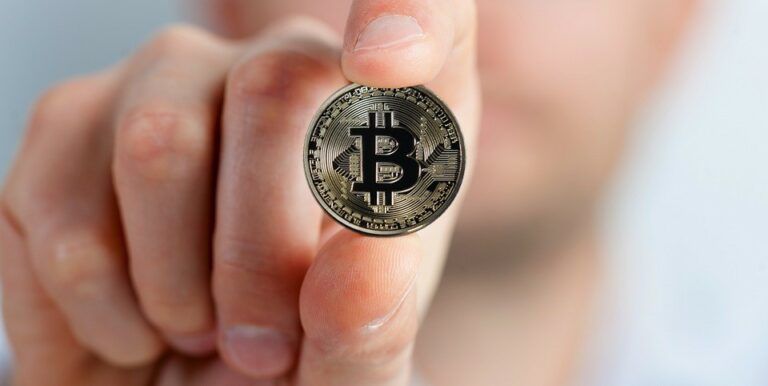Peer-to-peer cryptocurrency exchange LocalBitcoins has recently updated its Terms of Service (ToS), in a move that may see the company ask users for their IDs in specific situations, effectively compromising anonymity.
According to the company’s updated ToS, the company may enforce ID verification “in some situations,” which include the detection of authorized access and account recovery as, presumably, security measures.
Other situations in which LocalBitcoins may ask its users to verify their ID include “trading over certain volume limits,” fraud investigations, and allowing users to advertise on the platform. The company’s post reads:
“It is our top-most priority to ensure that LocalBitcoins is a safe and securebitcoinmarketplace [sic] and that no one is able to use our service for money laundering or other unlawful activities. Most fraud on LocalBitcoins stems from users attempting money laundering. We believe that taking a strict stance in this regard is in the interest of our users and important for our brand as a trustworthy marketplace.”
LocalBitcoins was founded back in June 2012 in Finland, and has been one of them most popular peer-to-peer bitcoin trading platforms since then. Its users have been able to use the platform in a somewhat anonymous manner, as no ID verification was necessary. While the platform gave users the ability to verify their IDs so other users would trust them, it wasn’t a requirement.
Notably, this year various traders who claim to have been trading “significant” amounts of BTC were reportedly asked to verify their ID with the company in order to keep using its platform. Over time, various LocalBitcoins traders have been arrested for various reasons, including running unlicensed money services businesses and money laundering.
In light of these developments, various users on Reddit speculate remaining anonymous on the platform will no longer be possible once these changes come into effect, on May 25. The changes are partly based on the European Union’s General Data Protection Regulation (GDPR), a regulation brought forth to limit data harvesting, and allow users to own their identity rights online.
The peer-to-peer exchange will now also require individuals to only have one account. Those who are under 16 years old will no longer be allowed to use the platform.









